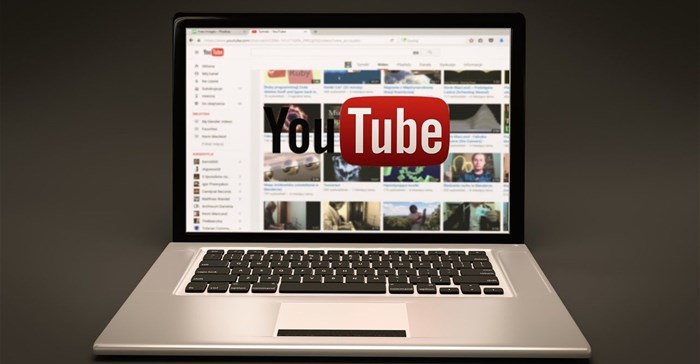
Top stories






More news


Marketing & Media
Ads are coming to AI. Does that really have to be such a bad thing?














The local market is relatively unaware of what an MCN is or even the role they play. The model globally is shifting, and it is important to demystify the concept and illustrate why MCNs important for you and your brand.
A Multi-Channel Network (MCN) is an organisation that works with video platforms such as YouTube to assist a channel owner [or YouTuber] with "product, programming, funding, cross-promotion, partner management, digital rights management, monetisation/sales, and/or audience development" in exchange for a percentage of the ad revenue from the channel” (1). MCNs are YouTube certified companies.
The best way to describe a MCN is to look at the traditional model of TV where you have your big broadcasters or ‘networks’ like the SABC. They have multiple channels below them and in those channels you have shows. On YouTube, there are similar structures but the ownership dynamics are vastly different – leaving the power in the creator’s hands. If you are a YouTube creator, you are producing regular programming (or ‘shows’) on your ‘channel’.
The channel you post those on is your own and you own all the rights to the content (albeit if you infringe on someone else’s rights to the same piece of content). MCN’s then sign a few of these channels on to their network and effectively manage them with optimisation techniques to grow their audiences and help them obtain potential brand collaborations to begin building a revenue model with their content. They have a very small stake in multiple channels as opposed to a full stake in one channel.
Because MCNs have special access to YouTube software called a Content Management System (CMS), they are able to collate multiple assets of video or channels and compare the data across those channels and videos to analyse demographics and relevant statistical data. This is not provided to the average content creator and is beneficial for companies with multiple assets.
MCNs also have the added benefit of working with a wide range of content creators who reach diverse audiences and produce great quality video content at a fraction of the price of traditional TV and production which means that the turnaround time is much faster and the outcome is focused on the desired platform – so you can be assured of the ROI.
MCNs also have greater insight into content being uploaded on the platform and are able to work alongside companies to develop content strategies for YouTube communication that is based on statistical data – providing brands with the most likely opportunity to have their content fill a gap in the consumer market and achieve the desired results in the end.
Globally, MCNs have gathered a bad reputation because they were so focused on profit margins and signed thousands upon thousands of channels from all over the world in the hope to gain a small portion of their ad revenue. In doing this, they couldn’t provide the one-on-one analytical support, and most certainly, not the brand support needed. They became redundant as the creators who had large enough audiences could employ their own team.
However, the MCNs still retained large clout because of the creative reach they could achieve through the assets they were managing; in turn, big production houses and studios saw this potential and wanted to own the creative potential. YouTube is a content machine and the creators posting content online are the specialists in the space – that is a hugely profitable model in the digital era of content production and consumption!
As we move more and more into the digital era and as more and more video content is consumed on the internet, finding the specialists in optimising that content is going to be vital for brands looking to build a presence on a platform like YouTube. Online video is the inevitable next step, getting clued up on how MCNs operate and how they operate will give you a head start on your next campaign.
(1) Source: Support.Google.com
